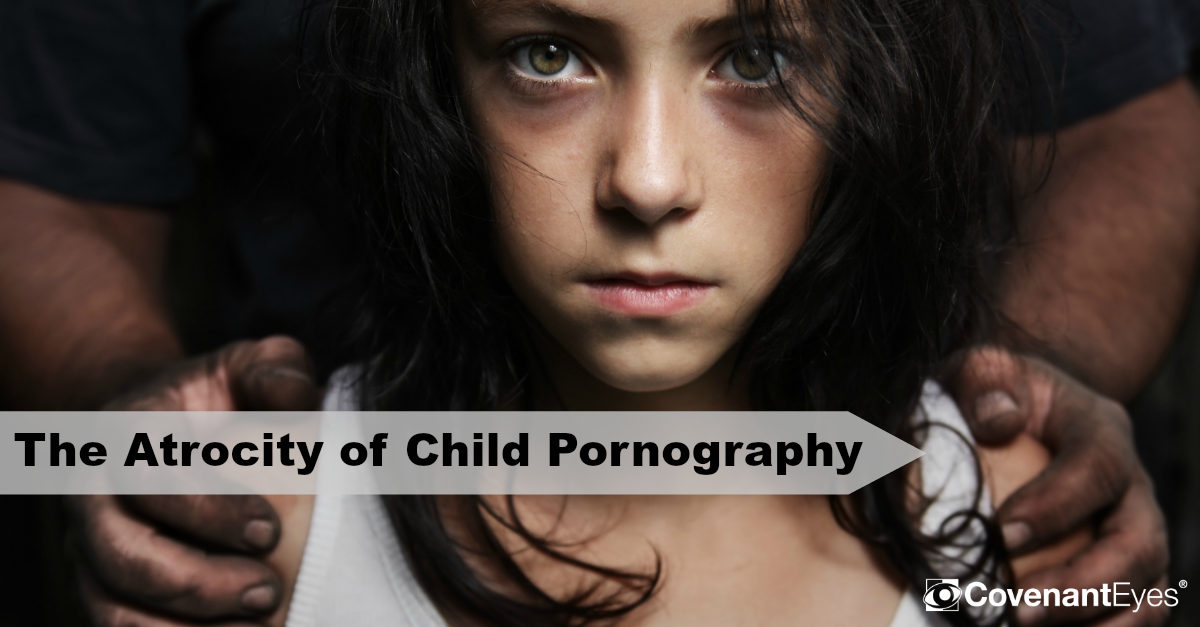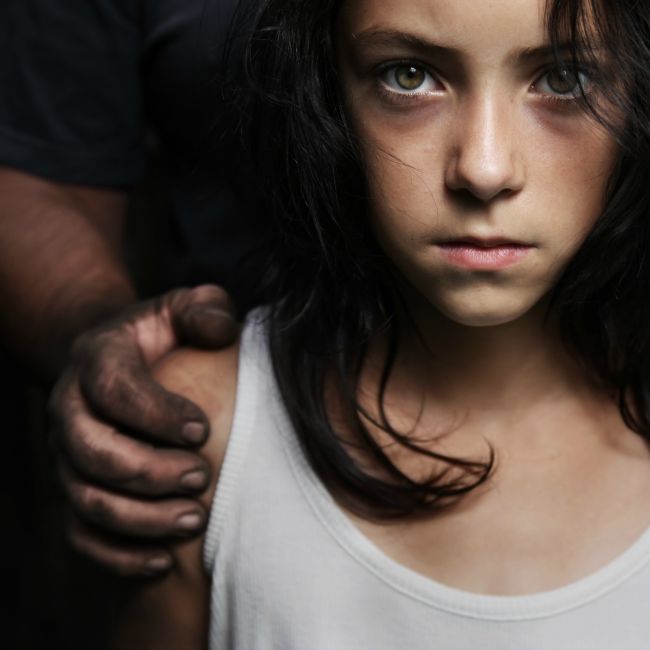Episode 153
[powerpress]

Last week we released the first part of our interview of Alicia Kozakiewicz. When Alicia was 13 years old, she was abducted outside her home by a predator who had groomed her online over a period of 8 months.
Alicia now travels all over the country talking about what happened to her in school classrooms and assemblies. She has helped out with educational films for the FBI, PBS, Enough is Enough, and the Pennsylvania Attorney General. She has appeared on Oprah and before U.S. Congress. And today she is one of the foremost advocates for the protection of children on and offline.
She speaks with us today about the connections between pornography and child victimization.
Show Notes:
0:55 – Alicia describes her predatory experience.
3:03 – How pornography grooms young men to become predators
9:45 – Alicia’s Law and the Not 1 More Child campaign








Cases such as hers are very rare. This is a lot of fear propaganda. Fear sells. It will help sell this product. The reality is online stings bring in a ton of money to counties and they are cheap. No real evidence is required because there often is an imaginary victim that consents, invites, and pursues. Then, nothing really happens, so people say a lot of ifs. If the person was real and if the event would have happened and if xyz would have occurred then there would have been suffering. What no one sees is the life long suffering of the thousands of men who are entrapped for profit. That is real suffering.
Look at the cases in Florida, where the police set up men on adult sites who looked at adult profiles. Look at the cases in Georgia, where the police used criminals to set up other people, and those criminals then embezzled over 5 million dollars they made from those stings. Their organization is not in operation because its founder was found guilty of RICO violations. Look at the cases that were overturned in Wisconsin. Read the latest research on who is actually caught in stings.
I understand covenant eyes needs to make money. But really, they know very little of the generic day to day cases. Yes, they may know of the few sensationalized cases, but that is to be expected. No one wants to know about the mundane cases. No one really wants to follow the money. No one wants to deal with the fundamental understanding that true victims, must be real, the do not log on a computer, they do not chose to talk with someone, they do not chose to meet someone, they do not chose to have sex with someone. And frankly, that is what happens in over 90% of online cases. Then, no one wants to talk about the fact that underage girls are always sending out nude pictures and going to clubs. We just had an incident at a middle school near me where 50% of the 8 graders were sending out nude pictures on their phones.
Yes, there are real victims in life, but in today’s world, we are just on witch hunts and we are ignoring the blatant truth that our “children” rally arent children anymore. Amazing how across this country there are hundreds of thousands of underage boys waiting to go to adult prisons because they are being held accountable for their decisions, yet an underage girl is never held accountable for her decision to have sex. It is all hypocrisy.
But I urge you, go visit then men who had their lives destroyed for crimes against imaginary people for vents that never happened where the people that set them up made hundreds of thousands of dollars. Go see. But you wont.
I don’t doubt cases like Alicia’s are rare—especially when it comes to the level of violence—but we say as much in this interview. According to research funded by the National Center for Missing & Exploited Children and the Department of Justice, after conducting hundreds of case level interviews with real online victims, we can easily say the online dynamics of Alicia’s case are textbook predatory behavior. The key difference is the level of violence and the nature of her abduction. In most cases (83%) the victims choose to go somewhere with their offenders after meeting face-to-face, and most victims (73%) willingly meet with their offender on more than one occasion. In fact, half of the cases involved teens who, after the offender’s arrest, said they still feel close to or in love with their offender. In other words, most cases of online predation are cases of statutory rape.
This podcast really isn’t about online stings, per se, unless you are referring to the Alicia Project which is working to bring funding to catch child pornographers.
I guess I’m not following your logic: why would we not want to help rescue actual children being victimized? Just because there are thousands of cases of victimization that aren’t as easy to track (because they happen offline), why should we ignore the ones we can track?
I also agree that children are as much instigators of these types of problems—especially when it comes to teenage predatory and seductive behavior. But we have many articles that address those topics.
Why, when we write a targeted article or have a targeted interview about a specific problem, are we accused of not talking about every other problem under the sun. It isn’t ignorance. It’s called staying on topic.
Luke, is there a transcript of this video?
It’s an audio podcast, and no we don’t currently have a transcript. Sorry.
The programs like covenant eyes are great but people won’t pay that much. It may not seem like much but to many families it is one more bill too many. $2.99 a month is affordable and the subscribers would triple of not more. And the good it would do is immeasurable compared to the loss of revenue.
We do offer Covenant Eyes free of charge to those who can’t pay for it. It’s called our Hardship Program, so we try to take away any of the barriers people might have to getting the protection they need.
Unfortunately, if we were to lower our costs and thus raise of subscription rate, we would soon find ourselves unable to adequately support our members well. We really are striving for quality of service, not just quantity of members.
Incredibly disheartening stuff to hear; especially knowing that prophecy clearly describes things as only getting worse before Christ’s return.